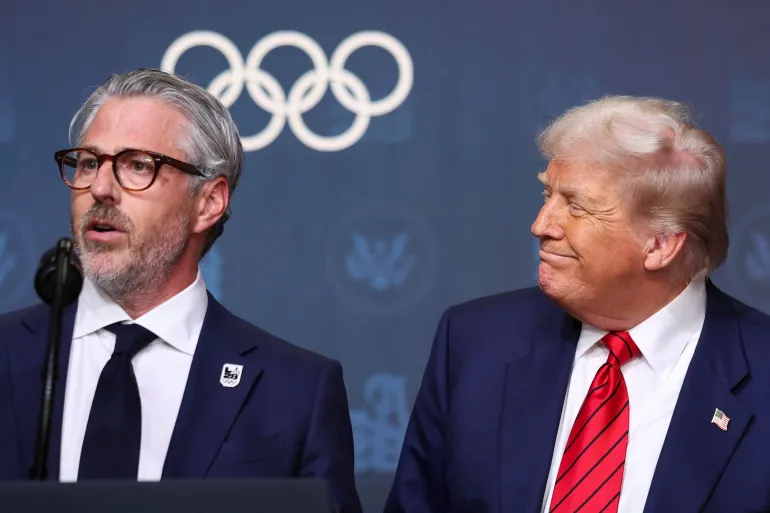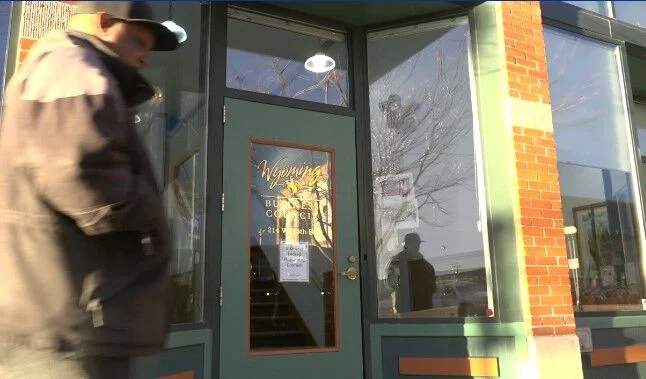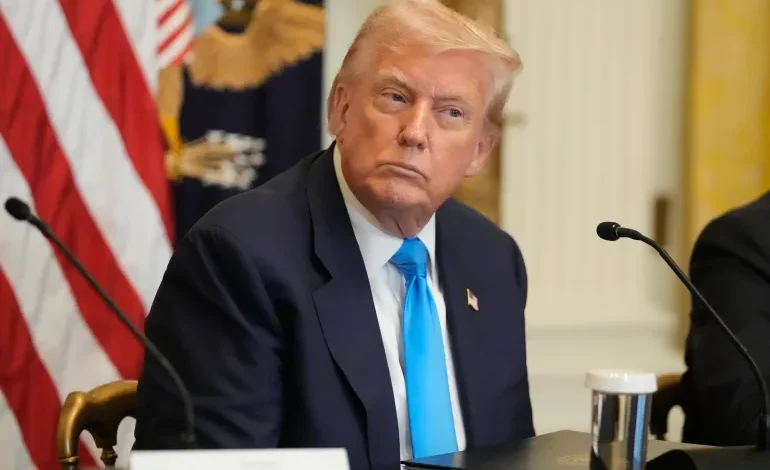United States President Donald Trump has unveiled a new trade agreement with South Korea, the latest in a flurry of deals announced ahead of his August 1 deadline for imposing sweeping tariffs on dozens of countries.
The deal, announced Wednesday on Trump’s Truth Social platform, will subject South Korean goods to a 15 percent tariff while US exports to South Korea will not face duties. The announcement followed new US duties on Brazil and India as the administration races to finalize agreements before the looming tariff hikes.
US and South Korean officials confirmed that the 15 percent rate will apply primarily to vehicles, a win for South Korea’s auto industry, which had faced Trump’s previous 25 percent tariff on cars and parts.
Seoul said it refused US demands for greater access to its rice and beef markets, avoiding a politically charged issue for South Korean farmers. However, the country’s steel industry received no relief, with US Commerce Secretary Howard Lutnick confirming that tariffs on steel, aluminum and copper remain unchanged.
Trump also touted major investment commitments, saying South Korea will contribute $350 billion in US-owned and controlled projects, alongside $100 billion in liquefied natural gas and energy purchases. A separate “large sum” earmarked for South Korea’s own investment purposes will be revealed during South Korean President Lee Jae-myung’s upcoming visit to the White House.
“It is also agreed that South Korea will be completely OPEN TO TRADE with the United States, and that they will accept American product including Cars and Trucks, Agriculture, etc,” Trump wrote.
Lee, who took office in June, called the deal a step toward stability after months of uncertainty under Trump’s escalating trade threats.
“The key is not to pursue unilateral benefits but to derive mutually beneficial results,” Lee wrote on Facebook, adding that the $350 billion would help Korean companies expand in the US across sectors like shipbuilding, semiconductors, batteries, biotech, and energy.
Economist Kathleen Oh of Morgan Stanley described the deal as “a case of the worst avoided,” noting it keeps tariffs below the initially threatened 25 percent.
Markets reacted with volatility. South Korea’s KOSPI gained 0.4 percent early Thursday before dipping nearly 0.9 percent later in the morning. Shares of Hyundai Motor and Kia dropped 3.5 percent and 6 percent, respectively.
South Korea, Washington’s sixth-largest trading partner, faced a 25 percent tariff on all goods starting August 1 without a deal, on top of separate duties on metals and auto parts. Exports, which make up over 40 percent of South Korea’s GDP, have already been squeezed by Trump’s tariff policy, with trade falling 0.03 percent in the first half of 2025. The IMF projects growth of just 0.8 percent this year, the weakest since 2020.
Trump has now announced agreements with seven major trading partners — including the EU, Japan, UK, Indonesia, Vietnam and the Philippines — as well as a 90-day truce with China. Additional deals with Cambodia and Thailand are reportedly in place, though details remain unclear.
With input from Al Jazeera










The latest news in your social feeds
Subscribe to our social media platforms to stay tuned